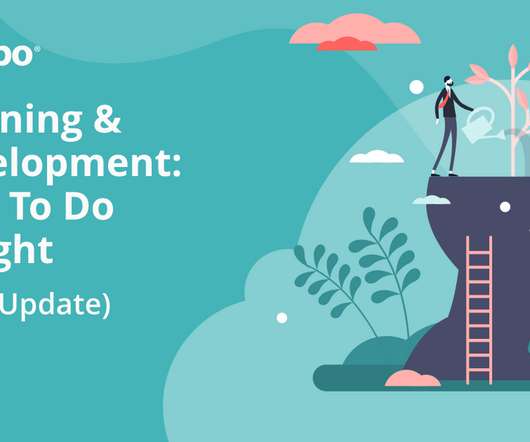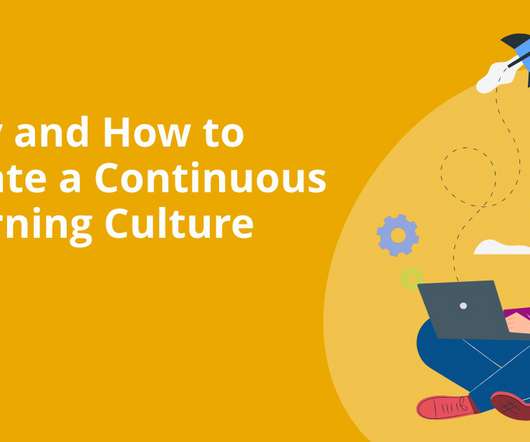Leveraging the Capabilities of AGILE Instructional Design Strategies
eLearning Brothers
MARCH 19, 2018
For many learning organizations, the term “AGILE” has become a hot topic. Although AGILE strategies traditionally have their roots in these areas, they are also increasingly being used and adapted by many other learning and development fields as well. Does this model support or hinder the learning experience?

































Let's personalize your content